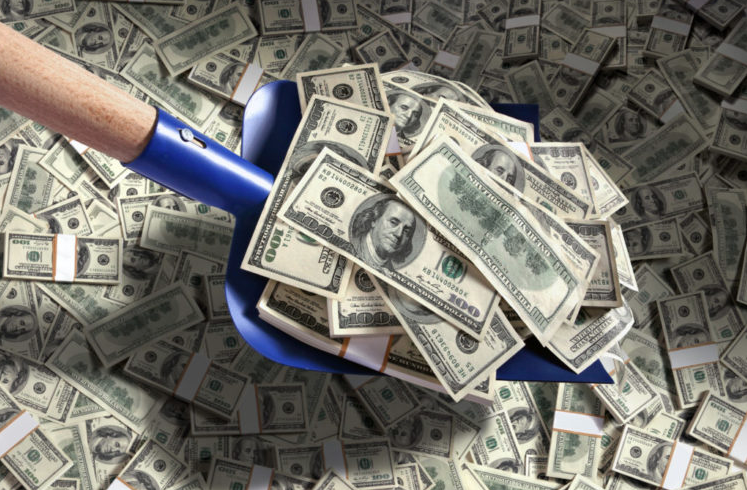Steve Forbes explains why he’s glad one of his Forbes magazine colleagues might have a little less time to write columns in the days ahead.
NOTED ECONOMIC GURU and FORBES columnist David Malpass is going to the U.S. Treasury Department as undersecretary for international affairs, a critical post at a time of unsettling uncertainty around the world regarding monetary and trade policies. Malpass couldn’t be a better pick for two big reasons.
Most crucially, he understands money and central banking better than just about anyone else around these days. Under U.S. law, it’s the Treasury Department, not the Federal Reserve, that sets policy for the dollar. This fact, plus Malpass’ knowledge of the Fed, could be critical in preventing bad monetary policy from further harming our economy.
Malpass’ analyses of the destructive and misbegotten policies of the Federal Reserve over the past decade have been acutely insightful. He quickly grasped that instead of easing monetary policy, the Fed, in combination with the overregulation of the banks, was inadvertently tightening credit availability for small and new businesses and households, while directing very low-cost credit to the government and larger corporations. New business formation–critical to job creation and innovation–withered. Malpass’ searing criticisms of other Fed blunders, such as creating a shortage of long-term bonds for the private sector (particularly pension funds and insurers) and the destructive way our central bank actually finances its bloated portfolio, were all on target. The Fed made possible the massive financial engineering in which corporate America indulged. Companies would borrow money at give-away prices, boosting their stock prices by buying back their own shares, paying for higher dividends and engaging in mergers and acquisitions. Meanwhile, productive capital spending stagnated.


